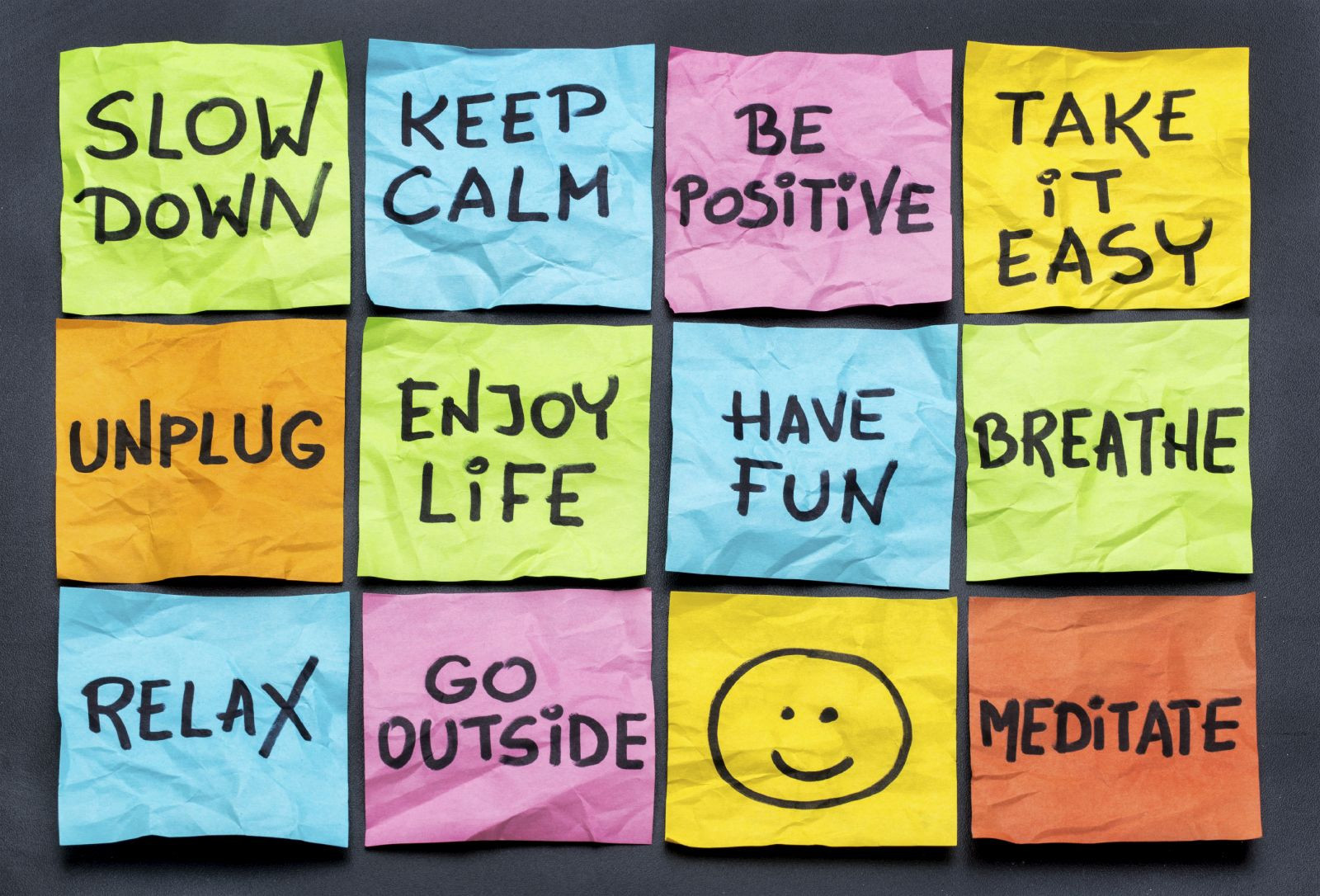
5 timeless habits for better health

What are the symptoms of prostate cancer?

Is your breakfast cereal healthy?

When pain signals an emergency: Symptoms you should never ignore

Does exercise give you energy?

Acupuncture for pain relief: How it works and what to expect

How to avoid jet lag: Tips for staying alert when you travel

Biofeedback therapy: How it works and how it can help relieve pain

Best vitamins and minerals for energy

Should you take probiotics with antibiotics?
Blood Pressure Archive
Articles
Even small amounts of extra exercise could lower blood pressure
A 2024 study suggested that even five minutes of additional vigorous daily exercise could lower blood pressure.
Less sitting, more vigorous exercise can help lower blood pressure
A 2024 study suggests that reallocating as little as five minutes per day from time spent sitting, standing, or walking to vigorous exercise may help lower blood pressure. Switching out a bigger block of sedentary time for exercise may offer even greater benefit.
To lower blood pressure, even five minutes of exercise helps
According to a 2024 study, people who engage in exercise (such as running or cycling) instead of less active behavior (such as sitting, standing, or slow walking) for just five minutes per day may slightly lower their blood pressure.
White-coat hypertension: A cause for concern?
White-coat hypertension refers to blood pressure that's high only when measured in a medical setting. It's defined as a reading in the doctor's office of greater than 130/80 (but less than 160/100) and an average daytime blood pressure reading of less than 130/80. If home monitoring reveals mostly normal readings, treatment may not be needed. But intermittent blood pressure spikes might still damage the heart.
Incorrect arm position may skew blood pressure readings
Letting your arm dangle or rest in your lap (instead of being supported at heart level, as is recommended) during a blood pressure check can cause a falsely high reading, according to a 2024 study.
Broccoli beats potatoes for lowering blood pressure
Eating cruciferous vegetables like broccoli and cauliflower may reduce blood pressure more than eating squash and root veggies.
What's the right blood pressure?
U.S. guidelines define normal blood pressure as less than 120/80 millimeters of mercury (mm Hg). Studies have shown that the lower a person's blood pressure, the greater the heart health benefits. However, the "best" blood pressure number for someone depends on several factors, such as the person's health condition, lifestyle, family history, and personal goals. Depending on an individual's situation, a higher-than-normal number may be adequate.
The wrong arm position might affect your blood pressure measurement
A 2024 study found that the accuracy of a blood pressure reading is compromised if a person's arm isn't in a certain position. For the most effective measurement, the person should be seated, feet flat on the floor, with the arm supported so the elbow is at heart level.

5 timeless habits for better health

What are the symptoms of prostate cancer?

Is your breakfast cereal healthy?

When pain signals an emergency: Symptoms you should never ignore

Does exercise give you energy?

Acupuncture for pain relief: How it works and what to expect

How to avoid jet lag: Tips for staying alert when you travel

Biofeedback therapy: How it works and how it can help relieve pain

Best vitamins and minerals for energy

Should you take probiotics with antibiotics?
Free Healthbeat Signup
Get the latest in health news delivered to your inbox!
Sign Up











